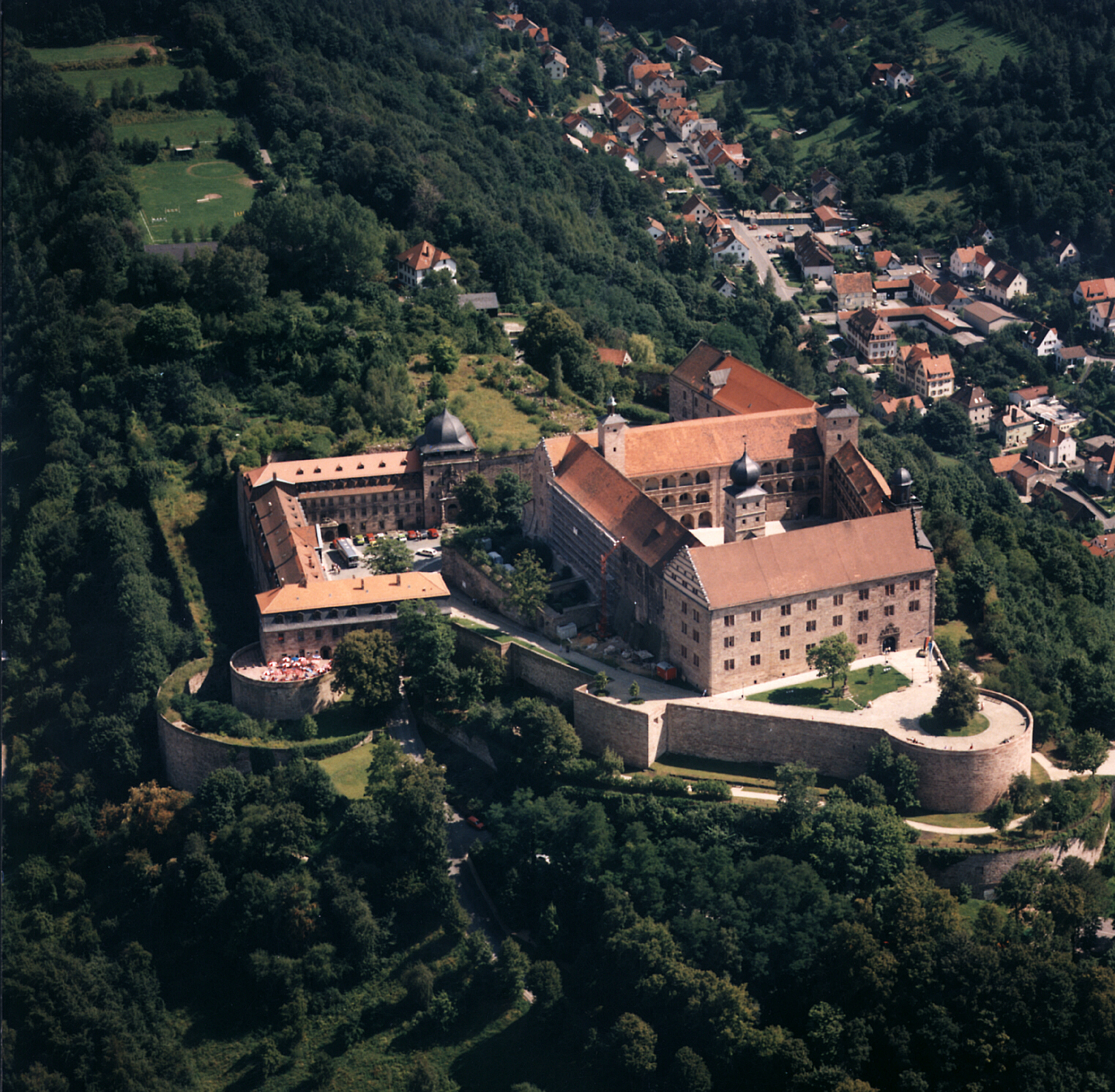|
Alfred Ittner
Alfred Ittner (13 January 1907 – 3 November 1976) was an SS functionary of Nazi Germany who served at the Sobibór extermination camp. Ittner joined the Nazi Party in February 1927, with the membership number 30,805. He subsequently joined the Sturmabteilung in 1931. He worked on the staff of the Gauleiters of Hamburg and Berlin from 1934 to 1939, at which point he put in for a transfer to the Action T4 euthanasia programme in Berlin. He remained in this role, serving as a bookkeeper at the T4 headquarters until 1942. Operation Reinhard In April 1942 Ittner was brought into the ''SS'' as part of Operation Reinhard and sent to Sobibór.Michael Bryant, ''Eyewitness to Genocide: The Operation Reinhard Death Camp Trials, 1955-1966'', Univ. of Tennessee Press, 2014, p. 152 According to the testimony of his colleague Kurt Bolender, ''SS- Oberscharführer'' Ittner served as camp accountant and one of his duties was to run the cashier's room where arriving inmates were forced to hand ... [...More Info...] [...Related Items...] OR: [Wikipedia] [Google] [Baidu] |
Kulmbach
Kulmbach () is the capital of the district of Kulmbach in Bavaria in Germany. The town is famous for Plassenburg Castle, which houses the largest tin soldier museum in the world, and for its sausages, or '' Bratwürste''. Geography Location Kulmbach is located in the middle of the Bavarian province of Upper Franconia, about northwest of the city of Bayreuth. To the south of Kulmbach, the River Main begins at the confluence of its headstreams, the White Main and Red Main. Town districts Kulmbach is divided into the following districts (with population in brackets): History From about 900 AD there was a small settlement in what is now the district of Spiegel, which consisted of a forest lodge and a fortified tenant farm (''Fronhof'') to protect the river Main crossing at Grünwehr. The area later passed into the hands of the Count of Schweinfurt, whose power was usually exercised through the office of the . Kulmbach was first mentioned as ''Kulma'' in a deed o ... [...More Info...] [...Related Items...] OR: [Wikipedia] [Google] [Baidu] |
Kurt Bolender
Heinz Kurt Bolender (21 May 1912 – 10 October 1966) was an SS sergeant during the Nazi era. In 1942, he operated the gas chambers at Sobibór extermination camp, perpetrating acts of genocide against Jews and Romani people during Operation Reinhard. After the war, Bolender was recognized in 1961 while working under a false identity as a doorman at a nightclub in West Germany, and subsequently accused in 1965 of personally murdering at least 360 Jewish inmates and assisting in the murder of 86,000 more at Sobibór. He committed suicide in prison two months prior to the end of the trial. Biography Bolender was born in 1912 in Duisburg and stayed in school until the age of 16 when he became a blacksmith apprentice.Yitzhak Arad. ''Belzec, Sobibor, Treblinka – The Operation Reinhard Camps'', p. 193. Indiana University Press, Bloomington, 1987, . He joined the NSDAP in 1930. In 1939, he joined the '' SS-Totenkopfverbände'' ("Death's Head Unit"). He was attached to th ... [...More Info...] [...Related Items...] OR: [Wikipedia] [Google] [Baidu] |
People From Kulmbach
A person ( : people) is a being that has certain capacities or attributes such as reason, morality, consciousness or self-consciousness, and being a part of a culturally established form of social relations such as kinship, ownership of property, or legal responsibility. The defining features of personhood and, consequently, what makes a person count as a person, differ widely among cultures and contexts. In addition to the question of personhood, of what makes a being count as a person to begin with, there are further questions about personal identity and self: both about what makes any particular person that particular person instead of another, and about what makes a person at one time the same person as they were or will be at another time despite any intervening changes. The plural form "people" is often used to refer to an entire nation or ethnic group (as in "a people"), and this was the original meaning of the word; it subsequently acquired its use as a plural form of ... [...More Info...] [...Related Items...] OR: [Wikipedia] [Google] [Baidu] |

_1938.jpg)